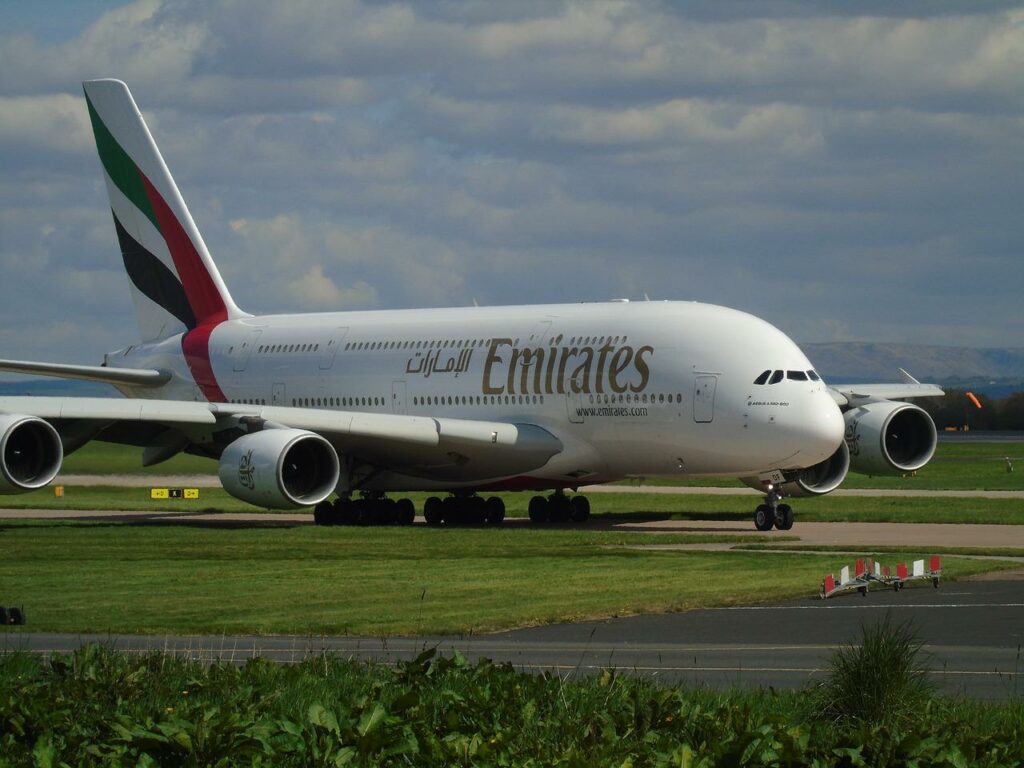As travel demand soars in the post-covid world, the world’s biggest passenger airplane is making a comeback. The A380 was formally decommissioned by Airbus not long ago, and airlines removed the aircraft from their networks as the pandemic caused havoc on the aviation business.
Travel demand has been at an all-time high in recent months, approaching pre-covid levels in certain cases. Even with airlines selling their tickets at high costs, consumers are not slowing down. According to airline officials, “the extremely steady travel demand is unlikely to abate anytime soon. As a result, several carriers are reintroducing the luxurious superjumbo A380”.
Airlines can capitalize on the strong demand for seats by maintaining a modest network with minimal resources due to the lingering effects of Covid. The travel business, particularly the airline industry, has been in disarray for some months. Severe workforce shortages influence every aspect of the airline’s day-to-day operations.
What are the consequences of understaffing? There has been a wave of cancellations across the airline sector. Already, many of flights have been cancelled. Airlines are cancelling flights weeks and months in advance because they know they will not be able to fulfil the tremendous demand.
Some airlines are bringing back the A380 to satisfy demand while being resourceful with its relatively limited number of pilots. This aircraft is extremely expensive to run, and airlines would not incur such costs if they did not believe it would benefit them.
The number of monthly flights for the A380 will reach about 60% of pre-covid levels by the end of this year.
Airlines that are currently operating the A380:
- Emirates
- Singapore Airlines
- British Airways
- Qatar Airways
- Qantas
- Korean Air
- China Southern

















More Stories
Poland’s High-Tech Border Revolution: EES Ushers in New Era
Toronto Tourism Smashes Records: 28.2M Visitors Power $13.5B Economy
AI Revolutionizes Travel Planning in 2026